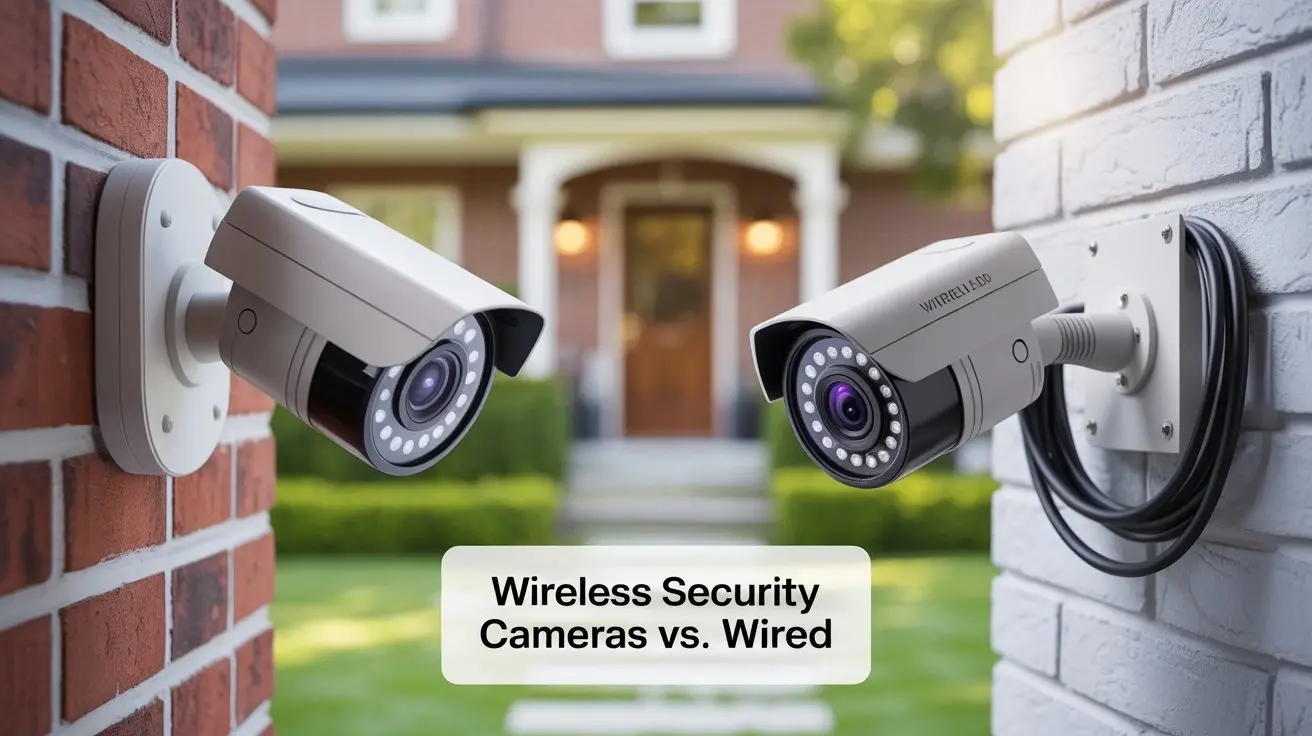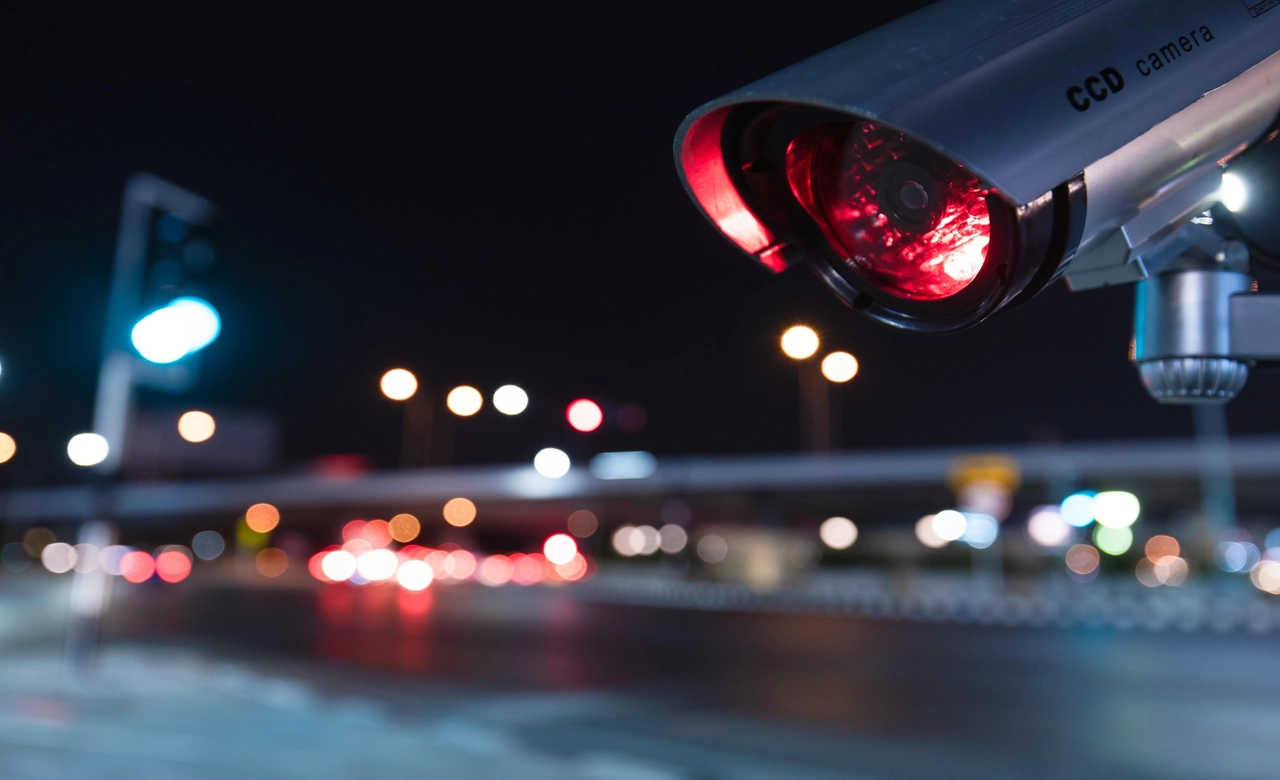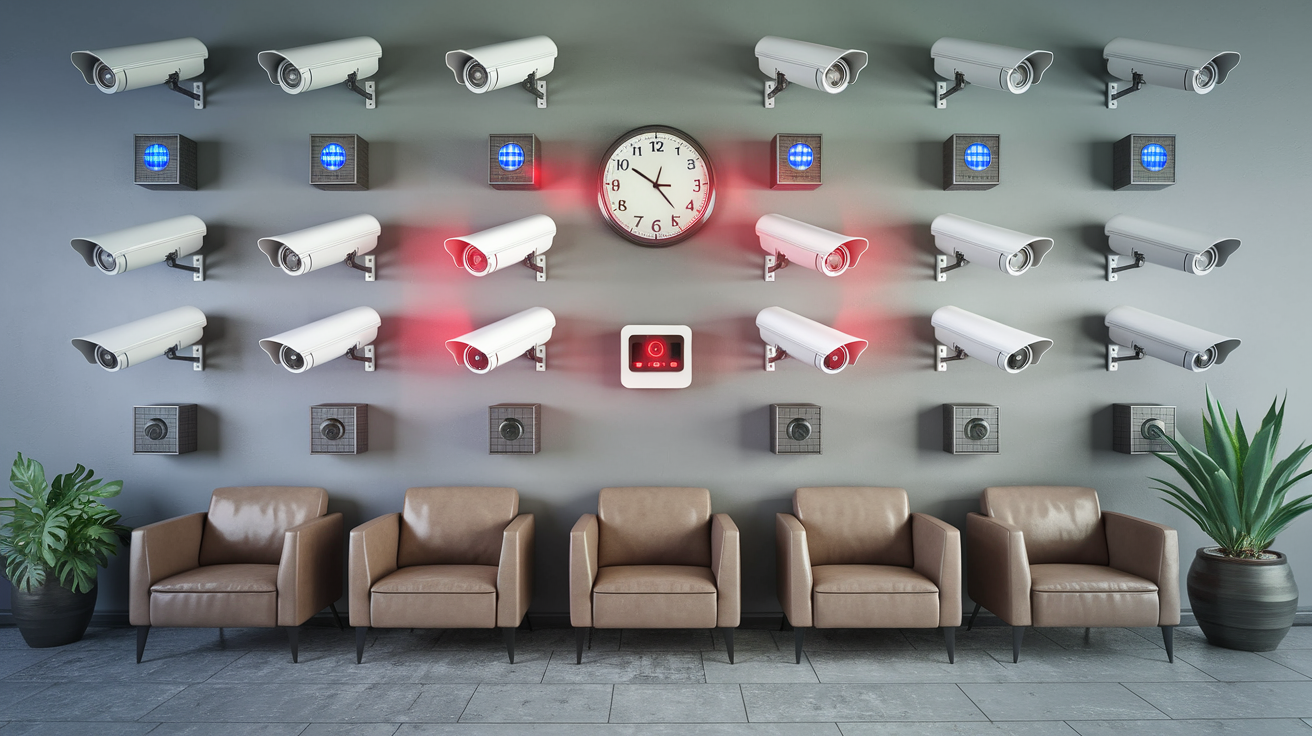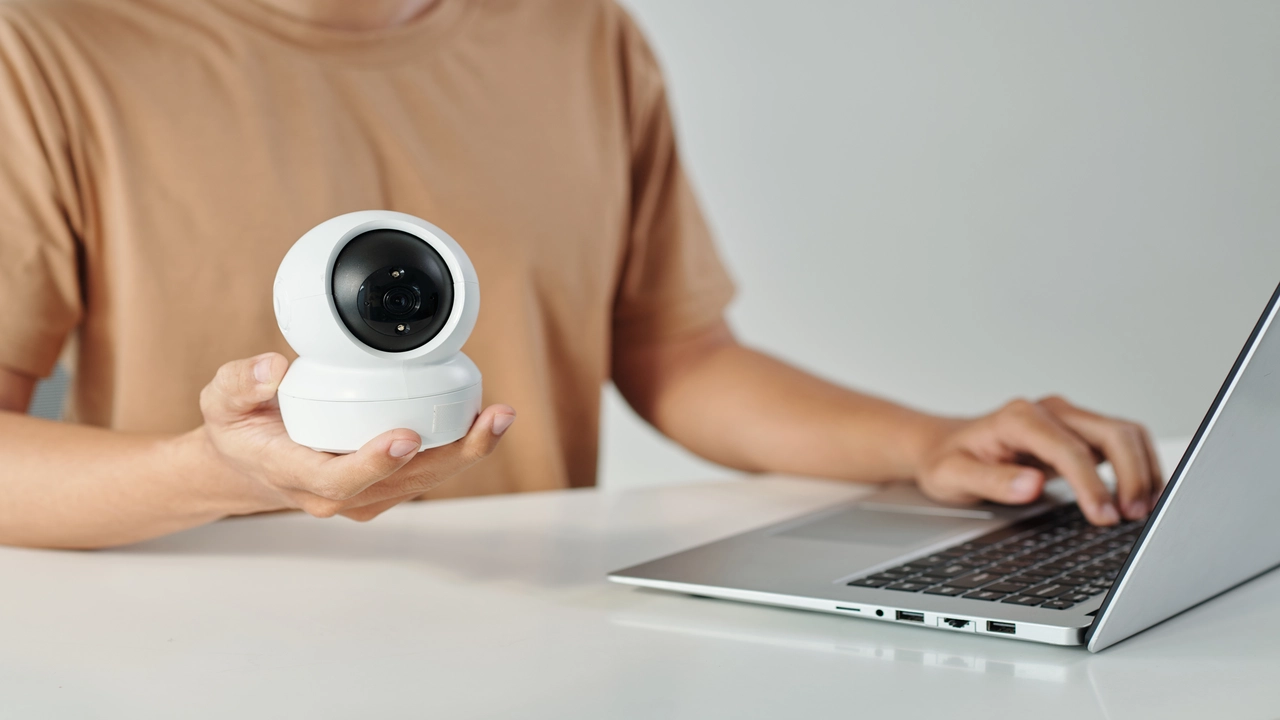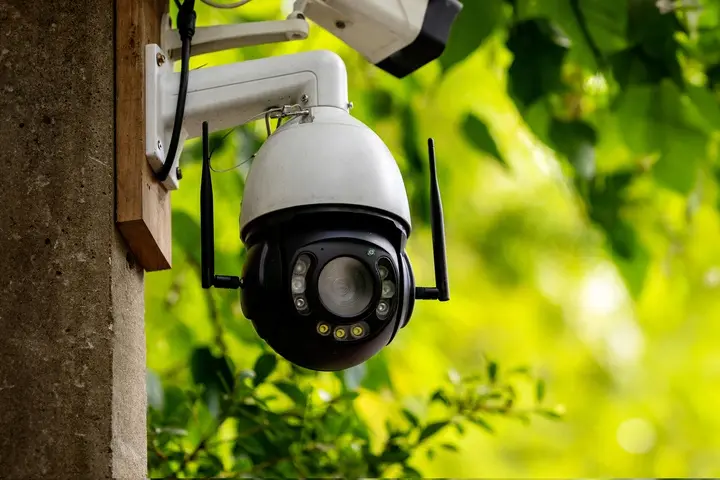
In an era dominated by technological advancements and a growing security concern, the use of surveillance cameras has become increasingly prevalent. While homeowners are within their rights to secure their property, questions often arise when neighbors install security cameras that may inadvertently capture footage of adjacent homes. This raises a complex and nuanced issue: Can neighbors have security cameras pointed toward your house? In this article, we will explore the ethical and legal dimensions of this matter.
Understanding Privacy:
Privacy is a fundamental right that individuals cherish, and it extends to one's home. The notion of having Security Cameras pointed toward your house may raise concerns about unwarranted intrusion. It's crucial to recognize that privacy expectations may vary, and striking a balance between security and personal space becomes paramount.
Ethical Considerations:
From an ethical standpoint, the use of security cameras by neighbors should be guided by respect for personal boundaries. While it's reasonable for individuals to safeguard their homes and properties, it's equally important to be mindful of the potential impact on neighbors' privacy. Open communication between neighbors can foster a better understanding of each other's concerns and help establish ethical guidelines for camera placement.
Respecting Boundaries:
When Installing Security Cameras, neighbors should aim to position them in a way that minimizes the risk of capturing unnecessary footage of adjacent properties. This may involve angling cameras downward, focusing on specific areas, and avoiding zoom features that could infringe on neighbors' private spaces. Respecting these boundaries is a key element in maintaining healthy neighborly relationships.
Legal Framework:
The legality of neighbors having security cameras pointed toward your house can vary depending on jurisdiction. In many places, individuals have the right to install surveillance cameras on their property for security purposes. However, legal constraints may come into play if the cameras capture areas beyond the homeowner's property line, such as a neighbor's yard or windows.
Trespassing Concerns:
One legal aspect to consider is whether the neighbor's security cameras inadvertently trespass on your property. If the cameras capture footage beyond the boundaries of the homeowner's premises, it could potentially lead to legal issues. Consultation with legal professionals can provide clarity on the specific laws governing surveillance and property rights in your jurisdiction.
Community Regulations:
In some neighborhoods, homeowners' associations (HOAs) may have established guidelines regarding the use of security cameras. These guidelines could address issues such as camera placement, visibility, and the protection of neighbors' privacy. Homeowners should familiarize themselves with any existing community regulations and work towards compliance.
Recording Audio:
Apart from video footage, the use of audio recording features on security cameras can introduce additional legal considerations. Laws governing audio surveillance can be stricter than those for video recording. Before enabling audio recording, homeowners should research and adhere to local laws and regulations to avoid legal repercussions.
Communication and Cooperation:
Effective communication between neighbors is essential in navigating the complexities of security camera placement. Discussing concerns, sharing intentions, and finding common ground can lead to agreements that respect both security needs and privacy expectations. Establishing open lines of communication can prevent potential conflicts and foster a sense of community cooperation.
Technological Solutions:
Advancements in technology offer solutions to address privacy concerns associated with Security Cameras. Privacy filters, Motion Sensors, and geofencing technologies can be employed to limit the scope of surveillance and ensure that cameras focus only on the homeowner's property. Exploring these options demonstrates a commitment to responsible camera usage.
FAQ's
Q. Can neighbors legally install security cameras pointing toward my property?
A. Explore the legal aspects of neighbors installing security cameras that may capture footage of your house or property.
Q. Are there any privacy laws regarding surveillance cameras from neighboring properties?
A. Investigate whether there are privacy laws or regulations in place that govern the use of surveillance cameras by neighbors and their impact on your privacy.
Q. What should I do if I feel my privacy is being invaded by my neighbor's security cameras?
A. Learn about the steps you can take if you believe your privacy is being compromised by the placement of your neighbor's security cameras.
Q. Can I request my neighbor to adjust their security cameras to avoid capturing my property?
A. Understand if you have the right to request your neighbor to adjust the angle or position of their security cameras to minimize any impact on your privacy.
Q. Is there a recommended code of conduct for neighbors regarding the use of surveillance equipment?
A. Find out if there are any recommended community guidelines or codes of conduct that address the use of security cameras by neighbors to maintain a respectful and private living environment.
Conclusion:
The question of whether neighbors can have security cameras pointed toward your house involves a delicate balance between personal security and privacy. Both ethical considerations and legal obligations come into play, emphasizing the importance of open communication, respect for boundaries, and adherence to local regulations. By approaching the issue collaboratively and responsibly, neighbors can foster a sense of security without compromising the privacy and well-being of those around them. Ultimately, finding common ground ensures that technological advancements in security do not erode the fundamental values of community and mutual respect.
Call (877) 470-7879 to get the ADT security system now!


